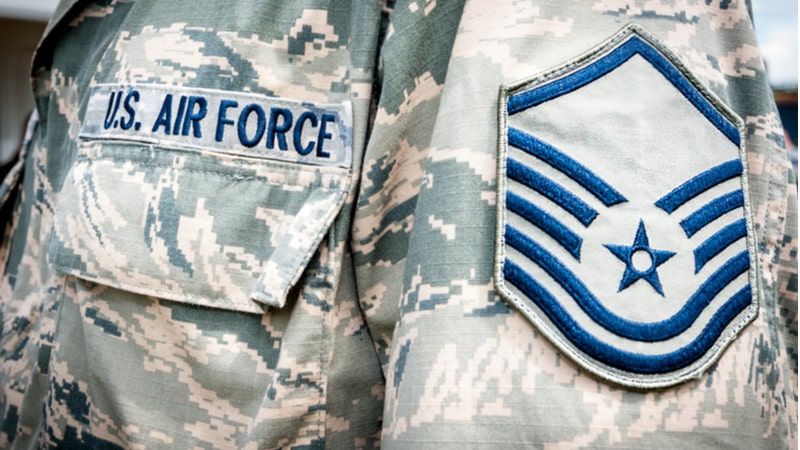
The U.S. Air Force is seeking insight from industry on how it can use artificial intelligence–powered wargaming platforms to test training resilience under high-intensity conflict.
In a recent request for information (RFI) to industry – issued by the Deputy Chief of Staff for Manpower, Personnel and Services – the Air Force is seeking AI–powered wargaming platforms to simulate high-conflict scenarios and stress test personnel readiness systems. These platforms would simulate realistic adversary behavior, enable real-time decision-making, and generate actionable insights for readiness planning.
“An artificial-intelligence–enabled Software-as-a-Service (SaaS) wargaming platform will be used to create immersive exercises that adapt to participant decisions and generate realistic adversary actions,” the RFI states.
The Air Force has long used wargaming to explore future force design and uncover gaps in doctrine, organization, and training. However, traditional methods rely heavily on static scenarios and manual adjudication. By contrast, AI-based platforms introduce features such as machine-learning-based red-teaming, neural network–driven adversary modeling, and predictive analytics.
In essence, these tools would allow exercises to evolve in real time and challenge participants to adapt quickly to dynamic environments and scenarios.
Specifically, the RFI details two scenarios that the Air Force is looking to explore. Respondents are asked to assess the feasibility of supporting such efforts, including the time and resources typically required.
The first, “Activation (Scaling the Force),” examines rapid expansion of training pipelines in response to wartime demand. Activities would include scenario planning workshops, a real-time surge simulation, data collection, and post-exercise analysis. The second scenario, “Sustainment Under High Attrition,” explores force maintenance during extended, high-casualty conflicts. Tasks include platform training, exercise execution, and delivery of after-action reporting and analytics.
In both cases, the Air Force seeks replayable scenarios and government data ownership.
The RFI further outlines desired platform features, including adaptive scenario generation, beat-structured gameplay, integrated communication, multimedia immersion, and secure access. Platforms must support low-code interfaces, realistic role-play, data analytics, and the Pentagon’s cybersecurity standards, including two-factor authentication.
Respondents are encouraged to provide feedback on the feasibility of the proposed scenarios, suggest alternatives, and highlight any relevant commercial products. The RFI emphasizes that responses are for market research purposes and the final scope may change.
Responses to the RFI are due by Aug. 26.
